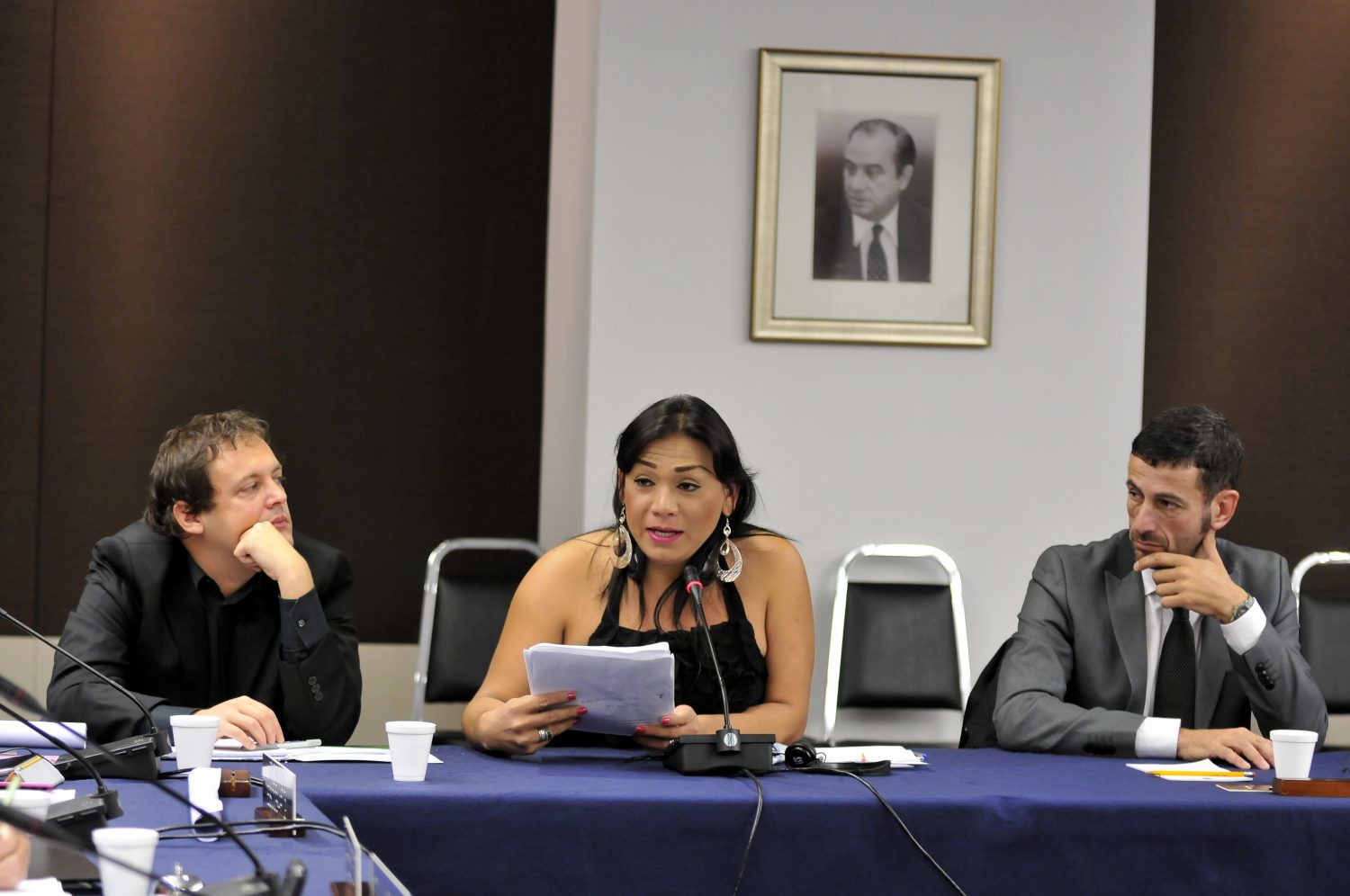Discrimination
We challenge torture used against marginalised and excluded minorities
Torture is often used against minority groups to further marginalise them, knowing that they may be powerless to respond. Our Discrimination programme challenges torture that is used to silence and oppress marginalised and excluded minorities.
International law is clear that when violence is used against a person for a discriminatory purpose it can amount to torture.
REDRESS uses strategic litigation to challenge discriminatory torture used against groups including women, the LGBTIQ+ community, refugees, migrants, and those facing multiple forms of discrimination. This includes torture directed by state agents, and also situations where the state tolerates torture by others.
REDRESS delivers campaigns against particular instances of discriminatory torture. We also work to obtain justice for victims of such torture and to improve relevant policy and legal frameworks.
REDRESS challenges discriminatory torture through projects and cases such as:
- LGBTIQ+ Torture in Africa. We work to enhance the international legal standard prohibiting discriminatory torture against LGBTIQ+ communities and identify opportunities for legal and policy reform in Africa.
- Reparations for conflict-related sexual violence. We work with survivors in Cambodia, Bangladesh, Myanmar, and Chad to identify priorities and the legal framework for delivering reparations to survivors of conflict-related sexual violence.
- The case of Azul Rojas Marín, which resulted in the first judgment on discriminatory torture from a human rights court. The ruling from the Inter-American Court of Human Rights in 2020 set important standards with the potential to reduce the levels of violence suffered by this group in the Americas and beyond.
- The case of Mariam Yahia Ibraheem, who was sentenced to death and corporal punishment of flogging in 2014 in Sudan. REDRESS and its partners have brought her case before the African Commission of Human and Peoples’ Rights, seeking justice and reparations for her and her family. We have successfully advocated for legislative and policy reforms that fully protect the rights of women in Sudan so that they cannot be disproportionally targeted for torture and ill-treatment.
Photo by Juan Manual Herrera/OAS. Hearing before on LGBTIQ+ rights before the Inter-American Commission of Human Rights in Washington, DC.

